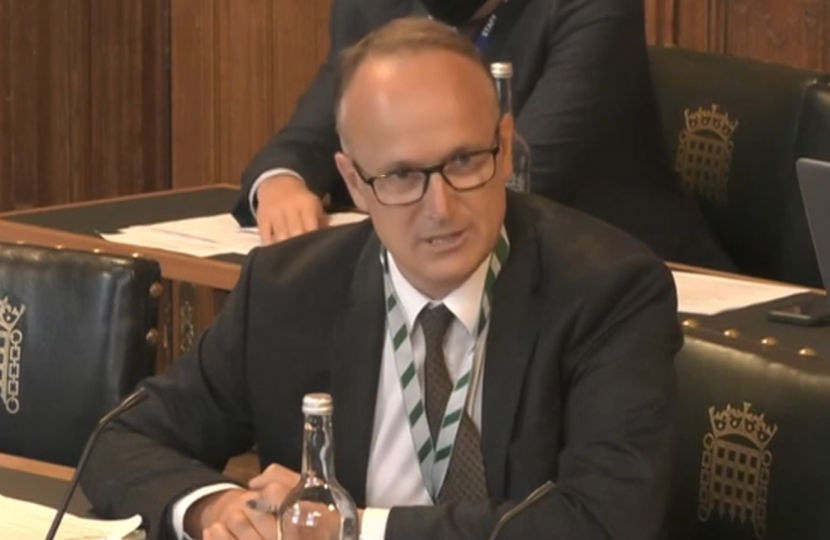
In a letter to Defra Minister, the Rt Hon Lord Benyon, the EFRA Committee has raised a number of issues and recommendations around the Government’s ban on XL bully dogs.
While the cross-party Committee states its broad support for the upcoming measures, it calls for further clarity from the Department on breed identification. As it will initially be for owners to decide whether their dog is an XL Bully or not, MPs urge stronger guidance for owners whose pets might come under the ban and ask what steps the Government has taken to publicise the upcoming legislation.
The letter from MPs today follows the special evidence session the Committee scheduled on the subject in October chaired by Dr Neil Hudson MP, in which it heard from the sector.
Dr Neil Hudson MP, Member of the EFRA Committee and a veterinary surgeon said,
“Our EFRA Committee supports the upcoming ban on XL Bully Dogs for public and other animal safety, but we are making recommendations to Government to help with the practical and compassionate implementation of the ban.
“We have written to Government this week to put forward suggestions to extend the neutering deadline for some younger exempted dogs that may be kept as this will have preventative health benefits. We have also raised issues regarding support for the identification of these dogs and for the resilience of the veterinary and animal welfare shelter sectors that will face significant pressures with the implementation of this necessary ban.”
The Committee questions whether there will be adequate capacity of frontline workers, including the veterinary sector, police and local authorities. It states that veterinary capacity for neutering and euthanasia remains a concern, as many vets might refuse to euthanase a healthy animal.
In light of scientific evidence on neutering, the Committee urges an extension to the deadline for neutering large dogs that are under seven months of age on 31 January 2024, to the end of June 2025.
Recognising that the upcoming ban could result in a potential rise in dog abandonments, today’s letter also questions whether the Department is confident that dog wardens, shelters, and relevant organisations have sufficient capacity and funding to manage this eventuality.
In addition, the Committee’s letter asks whether the Department is likely to produce a publicly accessible database for dog bite incidents to be reported and recorded.



